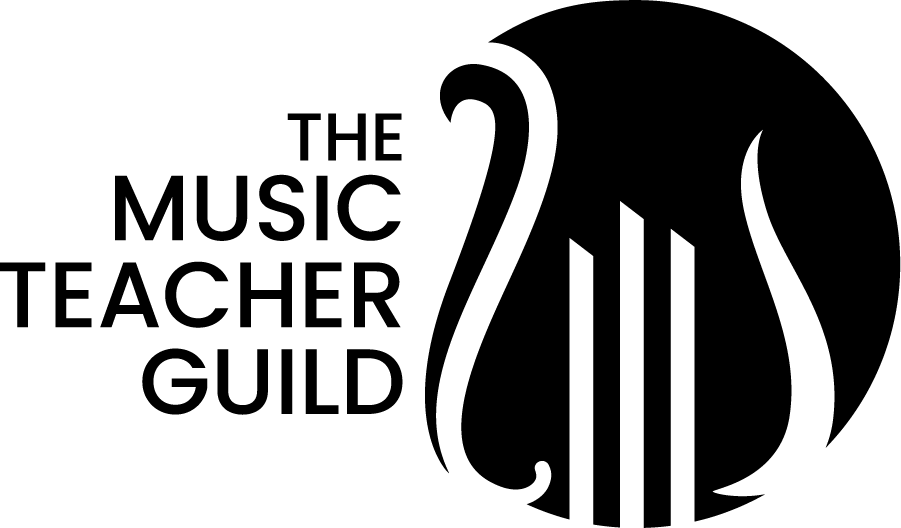Maximizing Networking at Music Education Conferences
Attending a music education conference is like stepping into a treasure trove of knowledge and connections. The workshops and panels are invaluable, but the real magic often happens in the hallways, at coffee breaks, or during social events. This is where you can meet like-minded educators, industry leaders, and potential collaborators. However, making the most out of these networking opportunities requires more than just handing out business cards—you need a strategy. Whether you're a seasoned attendee or a first-timer, mastering the art of networking can open doors to new career possibilities and lifelong professional relationships.
Why Networking Matters at Music Education Conferences
Music education conferences bring together educators, composers, performers, and industry experts under one roof. The diversity of experience and knowledge creates a unique opportunity for networking that can greatly enhance your career. Here’s why networking at these conferences matters:
Career Opportunities and Collaborations: Whether you're seeking a job, looking for collaboration opportunities, or hoping to mentor or be mentored, networking is essential. A simple introduction could lead to a future gig or an exciting new project.
Personal and Professional Growth: Interacting with peers can inspire new teaching techniques, ideas for classroom innovation, or fresh perspectives on challenges. Learning from others' experiences can be as enriching as attending the official sessions.
Learning from Experts in the Field: Conferences often host experts and thought leaders in music education. Networking offers a chance to have one-on-one conversations with these influencers, which can provide insights that aren’t found in workshops or panel discussions.
Preparing for Effective Networking
Effective networking doesn’t start when you arrive at the conference—it begins before you even pack your bags. Here’s how to set yourself up for success:
Research Speakers and Attendees: Most conferences provide a list of speakers and key attendees beforehand. Identify the individuals whose work interests you or who are influential in areas relevant to your career. This will help you focus your networking efforts.
Create a Networking Plan: Know who you want to meet, what questions you want to ask, and what you hope to achieve from each interaction. Having a plan will make it easier to strike up conversations with purpose, rather than leaving it to chance.
Bring Business Cards and Digital Tools: While traditional business cards are still useful, don’t overlook digital tools like QR codes or professional social media profiles (e.g., LinkedIn) that allow for seamless, quick sharing of contact information.
Networking Strategies During the Conference
When you're at the conference, it’s time to put your preparation into action. Here are some key strategies to make the most of your networking opportunities:
Engage in Meaningful Conversations: Instead of merely exchanging pleasantries, ask thoughtful questions and engage in deeper discussions. Ask about their current projects, share insights from your own experiences, and offer your own expertise when relevant.
Attend Social Events and Breakout Sessions: Conferences often host informal networking events, such as dinners, cocktail hours, or special interest group meetings. These are prime opportunities to meet people in a relaxed environment.
Use Social Media to Connect in Real Time: Many conferences use hashtags on platforms like Twitter, Instagram, and LinkedIn. Engaging with these hashtags can help you discover other attendees and stay informed about key moments. You can also connect instantly with people you meet by following or messaging them through these platforms.
How to Follow Up After the Conference
The end of the conference isn’t the end of your networking—it’s just the beginning. Building long-term relationships requires thoughtful follow-up. Here’s how to keep the momentum going:
Send Personalized Follow-Up Messages: Within a few days of the conference, send an email or message to the people you connected with. Reference your conversation and express your interest in staying in touch. Personalizing these messages goes a long way in making a lasting impression.
Maintain Long-Term Professional Relationships: Keep your new contacts on your radar by sharing articles, insights, or updates on your own work that might be relevant to them. Check in periodically to nurture these connections.
Join Online Groups or Forums: Many conferences have post-event online groups, email threads, or forums where participants can continue discussions. Joining these groups ensures you stay engaged with your new network and can help foster ongoing relationships.
Common Networking Mistakes and How to Avoid Them
Even with the best intentions, it’s easy to make a few networking missteps. Here are some common mistakes and tips on how to avoid them:
Over-reliance on Passive Networking: Don’t wait for people to come to you. Take the initiative to introduce yourself, ask questions, and start conversations. The more proactive you are, the better your networking results will be.
Not Following Up with Connections: Meeting someone once isn’t enough to build a relationship. Failing to follow up can cause connections to fizzle out. Always send a follow-up message within a few days after the conference.
Talking Only About Yourself: Networking is a two-way street. Be sure to listen as much as you talk, and show genuine interest in what the other person has to say. Focusing too much on your own achievements can come across as self-centered.
Conclusion
Music education conferences offer an abundance of networking opportunities that can lead to new collaborations, professional growth, and lasting relationships. By preparing ahead of time, engaging meaningfully during the event, and following up afterward, you can maximize the benefits of your conference experience. The connections you make today could open doors to exciting opportunities in the future. So, go forth, be confident, and start building your network!

